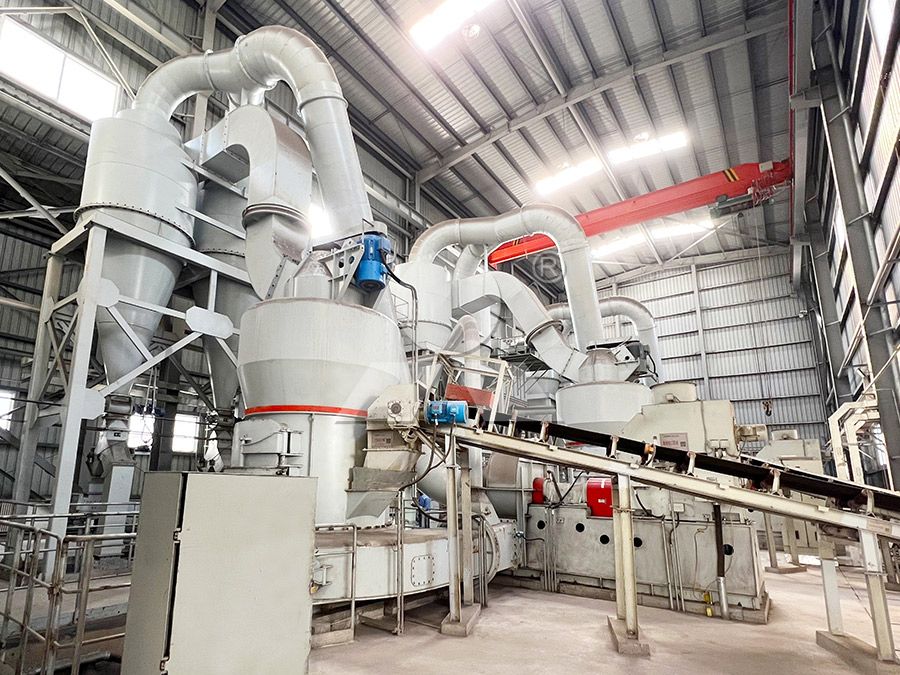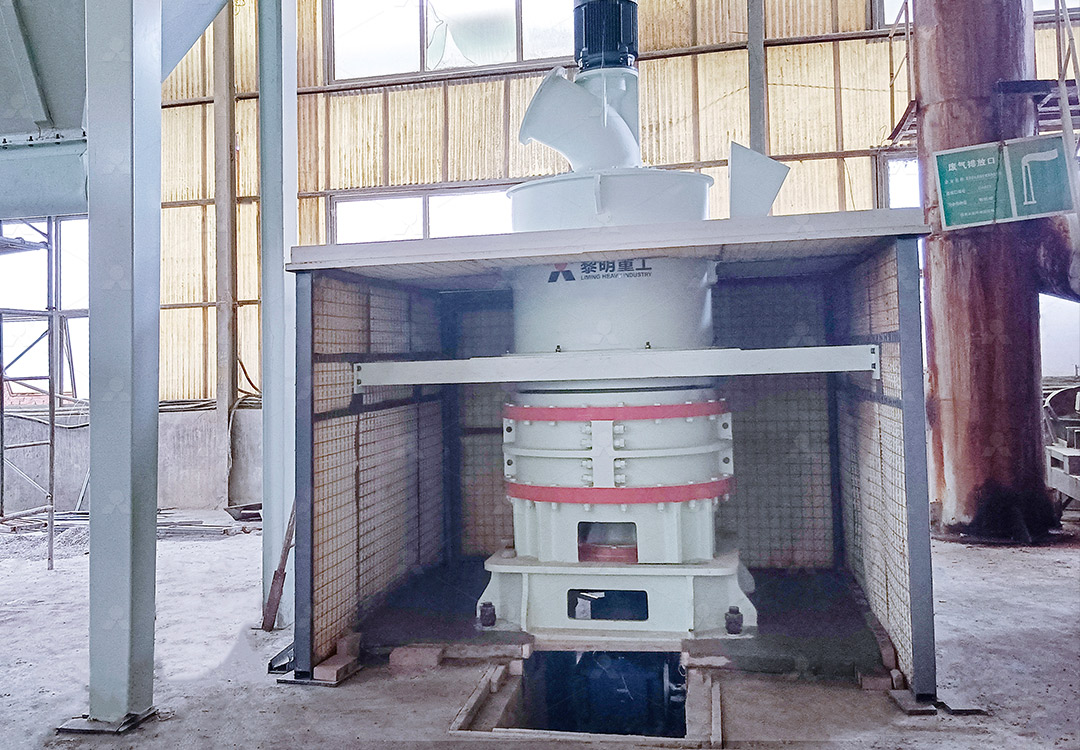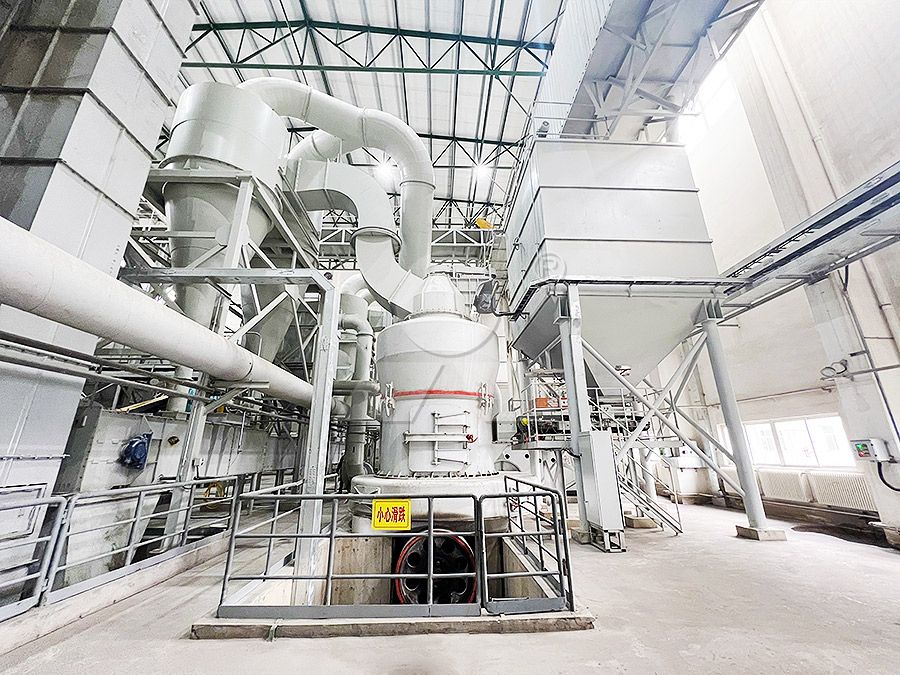What is Bentonite Powder Used for After Grinding?
We provide a wide range of mills — including Raymond mill, trapezoidal mill, vertical mill, ultrafine mill, and ball mill, obtained ISO9001 international quality certification, EU CE certification, and Customs Union CU-TR certification. Suitable for processing minerals such as limestone, phosphate, quicklime, kaolin, talc, barite, bentonite, calcium carbonate, dolomite, coal, gypsum, clay, carbon black, slag, cement raw materials, cement clinker, and more.
The discharge range of these mills can be adjusted to meet specific processing needs, typically from 80-400 mesh, 600-3250 mesh, and can achieve the finest particle size of up to 6000 mesh(D50).
If you are looking for a reliable grinding solution to turn stone or minerals into fine powder, please feel free to contact our online customer service.
What is Bentonite Powder Used for After Grinding?
Bentonite, a naturally occurring clay mineral composed primarily of montmorillonite, undergoes a transformative journey when processed through industrial grinding equipment. The grinding process significantly enhances bentonite’s unique properties, making it an indispensable material across numerous industries. Once ground into fine powder, bentonite’s surface area expands dramatically, unlocking its full potential for absorption, swelling, and binding capabilities.

The Multifaceted Applications of Ground Bentonite
Ground bentonite powder serves as a versatile material with applications spanning from traditional construction to advanced industrial processes. In foundry operations, it acts as an exceptional binding agent for sand molds, providing the necessary green strength and thermal stability for metal casting. The construction industry relies heavily on bentonite for waterproofing applications, where its swelling properties create impermeable barriers in foundations, tunnels, and underground structures.
The environmental sector utilizes ground bentonite in landfill liners and containment systems, where its low permeability prevents contaminant migration. In agriculture, finely ground bentonite improves soil water retention and nutrient delivery, particularly in sandy soils. The drilling industry depends on bentonite as a primary component of drilling muds, where it lubricates drill bits, removes cuttings, and stabilizes boreholes.
Advanced Grinding Solutions for Bentonite Processing
The quality of ground bentonite powder directly correlates with the efficiency of the grinding equipment used. Modern grinding technology must address several critical factors: particle size distribution, thermal sensitivity, and production efficiency. Traditional grinding methods often fall short in achieving the precise fineness required for specialized applications while maintaining cost-effectiveness.

For operations requiring ultra-fine bentonite powder, our MW Ultrafine Grinding Mill represents a technological breakthrough. Engineered specifically for customers needing ultra-fine powder production, this machine processes materials with an input size of 0-20 mm and delivers capacities ranging from 0.5 to 25 tons per hour. The MW series stands out for its higher yielding capacity and lower energy consumption compared to conventional grinding systems.
What makes the MW Ultrafine Grinding Mill particularly suitable for bentonite processing is its adjustable fineness between 325-2500 meshes, achieved through German cage-type powder selector technology. This precision allows producers to tailor their bentonite powder to specific industry requirements. The absence of rolling bearings and screws in the grinding chamber eliminates common failure points, while the integrated pulse dust collector ensures environmentally friendly operation—a crucial consideration for mineral processing facilities.
Specialized Applications Requiring Precision Grinding
In the pharmaceutical and cosmetics industries, ground bentonite serves as a suspending agent, viscosity modifier, and stabilizer in formulations. The extremely fine particle size achieved through advanced grinding enables better dispersion and enhanced performance in these sensitive applications. Similarly, in the food industry, bentonite acts as a clarifying agent for wines, juices, and edible oils, where particle size directly impacts clarification efficiency.
For cat litter production, the absorbent properties of ground bentonite are maximized through proper grinding, creating products with superior clumping characteristics. The paper industry utilizes bentonite as a retention aid and pitch control agent, where consistent particle size ensures uniform performance across paper manufacturing processes.

Another excellent option for bentonite processing is our MTW-Z European Trapezium Mill, which specifically lists bentonite among its application materials. With an input size of 0-50 mm and capacity of 3-55 tph, this mill features advanced technologies like dilute oil lubrication for lower maintenance costs and elastic volute damping structure for stable operation. The absence of shovel blade cylinders in its grinding chamber allows for higher grinding efficiency through improved ventilation and larger diameter grinding rollers.
Technical Considerations for Bentonite Grinding
Successful bentonite grinding requires understanding the material’s unique characteristics. Bentonite’s moisture content significantly impacts grinding efficiency, with optimal levels typically between 10-15%. Excessive moisture leads to clogging, while insufficient moisture generates excessive dust. The grinding equipment must accommodate these variations while maintaining consistent output quality.
The choice between different grinding technologies—whether vertical mills, trapezium mills, or ultrafine grinding systems—depends on the target application and required particle size distribution. For general construction applications, coarser grinds may suffice, while pharmaceutical and cosmetic applications demand ultra-fine particles with narrow size distribution.
Frequently Asked Questions
What particle size can be achieved when grinding bentonite?
With advanced grinding equipment like the MW Ultrafine Grinding Mill, bentonite can be ground to fineness levels between 325-2500 meshes (approximately 45-5 microns), suitable for even the most demanding applications.
How does grinding affect bentonite’s swelling capacity?
Proper grinding increases bentonite’s surface area, which enhances its swelling capacity. However, excessive grinding can damage the crystal structure, so optimal grinding parameters must be maintained.
What grinding equipment is most suitable for bentonite processing?
Both the MW Ultrafine Grinding Mill and MTW-Z European Trapezium Mill are excellent choices. The MW series excels in ultra-fine applications with its advanced powder selection technology, while the MTW-Z offers robust performance for general bentonite grinding with lower maintenance requirements.
Can the same grinding equipment process different types of bentonite?
Yes, modern grinding mills can process both sodium and calcium bentonite varieties. However, grinding parameters may need adjustment to account for differences in hardness and moisture content between bentonite types.
What safety measures are important when grinding bentonite?
Proper dust collection is crucial since fine bentonite dust can pose respiratory hazards. Our grinding mills incorporate efficient pulse dust collectors and mufflers to ensure safe, environmentally compliant operation.
Ground bentonite powder continues to find new applications as manufacturing technologies evolve. The key to maximizing its potential lies in selecting the appropriate grinding technology that balances production efficiency, product quality, and operational costs. With advanced grinding solutions like the MW Ultrafine Grinding Mill and MTW-Z European Trapezium Mill, producers can meet the diverse requirements of modern industrial applications while maintaining competitive advantage in their respective markets.
